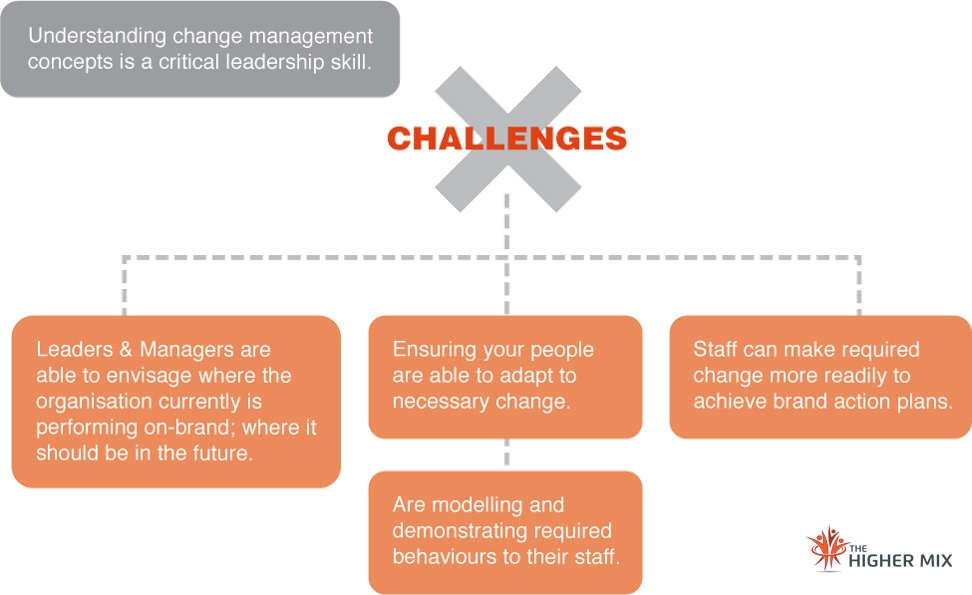We all thrive in environments with leaders who inspire us.
What is Leadership Brand?
Every leader has one, cultivated or not; so its essential to fully understand the value (and drawbacks) to our own Leadership Brand (style).
Leadership brands help execs become far more deliberate, focused about the way they lead.
Founded on a leader’s identity, Leadership Brand is culmination of our innate strengths, emotional health and distinctiveness (as a leader). Our distinct set of talents, uniquely geared to fulfilling expectations of internal and external stakeholders. Facilitating (advertising) what’s particularly powerful and effective about our leadership; bringing to the fore key attributes and qualities, and putting leaders in the position to generate more value.

The Higher Mix’s organisational psychologists and leadership specialists give execs a safe environment to address their challenges, capitalise on their talents, influence widely and manage quality interactions with others and self.
Leadership Brand Constructs
This process balances qualities which come naturally in a person with those that are critical in existing roles, or new positions.
Leaders understanding which of their traits to add to their leadership brand stable and to exhibit; that hold the most promise to take the leader further; into next level roles.
Important part of defining leadership brand is what’s expected of them as a leader also? Likewise, what they want to be known for? How their own brand is portrayed (Collaborative? Independent? Innovative? Strategic?)
Put a leader with the wrong leadership brand (style) into a position which requires a totally different skill set and style, and you seriously compromise their work success and impact.
Living Leadership Brand (The Real Deal)
Organisations with a strong, resilient connection between external brand and customer experience achieve that, usually through leadership development. So often relayed, generic training and development creates ‘generic leaders’ – leadership brand involves far more individualized approach to leadership training that prevents this sort of genericity.
The Higher Mix works with Leaders on their leadership brands – keeping them focused on results (on their customers, team, investors and the organisation). What they need and want to achieve in coming year.
Espoused (but not lived) brands create cynicism – authentic leadership branding is based on evidence; findings from leader’s own assessment (resonating the kind of leader they are, and kind they want to be.) Brand identity to best represent “who I am and what I can do” Defining our own identity as a leader, producing interesting descriptions, experimenting to crystallise it.
Leadership brand statements are usually tested for relevance; and authenticity with colleagues too – does it create real value in the eyes of the organisation and key stakeholders? What about risks to your exhibiting this brand? What’s the impact?
Like all brands it isn’t static. Leaders live it, embody it in the day-to-day, staying on top of their leadership brand by inviting discreet, relevant feedback (as to how they are evolving as a leader?)
Leadership Brand Services
Leadership Brands are conveyed and practiced in thought, actions and approach. Get clear on your own personal leadership brand with flexibility baked into the process, to define/ appreciate how your own leadership style meets the position requirements and company objectives.
And on a personal level – build upon your own career aspirations and self-development:
- Position leaders -creating sustainable personal success
- Address, define own identity and individual approach to leadership
- Distinguish features of Leadership brand; Known for? Strengths? Attributes?
- Identify, establish parameters (results) they personally want | need to achieve (over specific time periods)
- Assess interplay and interactions with others: team, clients, shareholders, (expectations | relationships)
- Leader role modeling: redefine perceptions, reset ambitions
- Preserve key stakeholder interests in the process.
Stake a claim on the style of leadership you want – not only for you; but for your company’s leaders).
